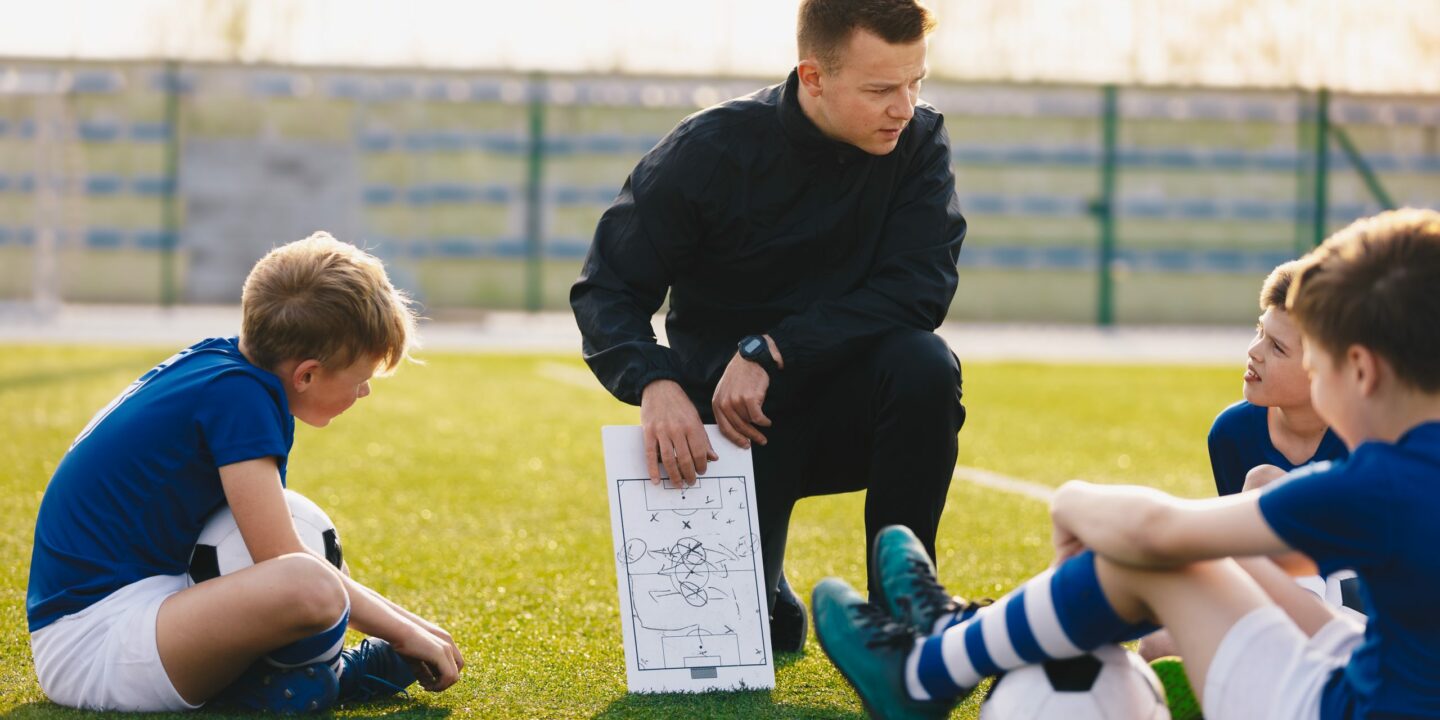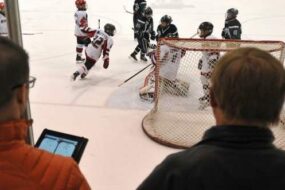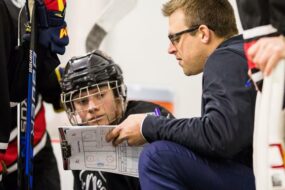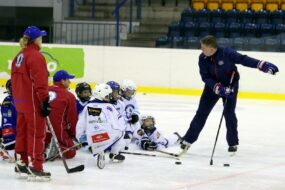
Coaches play a vital role in shaping an athlete’s growth and career trajectory. They contribute to fostering a resilient mindset in athletes from an early age, enabling them to evolve into their optimal mental and physical selves. Striking a delicate balance between pushing athletes to their limits and providing support proves to be a challenging task. Whether in individual or team sports, the success and development of student-athletes often hinge on the guidance of their coaches.
According to Gary DeGuzman, FUHSD gymnastics coach, an effective coach requires not only knowledge and technical skills but also excellent people skills. Patience, understanding, and the ability to communicate and explain concepts are essential attributes for coaches working with athletes.
For some coaches, the motivation to coach stems from a passion for teaching. They aspire to serve as inspirational role models, providing players with positive experiences in their respective sports.
Nhat Nguyen, a history teacher and badminton coach, discovered the significance of adult figures like teachers and coaches in students’ lives during his own teenage years. Reflecting on his experience, he decided to become both a teacher and a coach to guide student-athletes and prevent their passion and dreams from being negatively impacted.
Athletes look to their coaches for improvement, often achieved by pushing them out of their comfort zones. Coaches tailor their approach by setting realistic goals that motivate athletes individually. Recognizing the unique needs and personalities of each athlete is crucial in striking the right balance.
Coaches should react to athletes’ suboptimal performances based on individual preferences. Some athletes respond well to tough love, while others require positive and uplifting encouragement. Understanding each athlete’s response style allows coaches to effectively motivate and guide them.
Maintaining a balance between rigor and support also involves normalizing setbacks and emphasizing positive aspects of performance rather than focusing solely on losses. Periods of plateau and declines in performance are natural during skill development, and coaches play a crucial role in supporting athletes through these phases.
Coaches must remind athletes that sports should be enjoyable and a stress reliever. Encouraging athletes to find joy in their sport can enhance overall performance by creating a positive and relaxed mindset.
Gary DeGuzman emphasizes that everyone, even elite athletes like Simone Biles, can have off days. Coaches expect their athletes to do their best and, most importantly, to have fun along the way.







